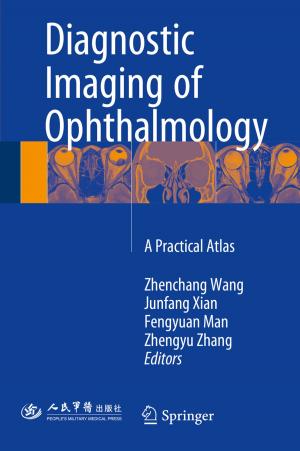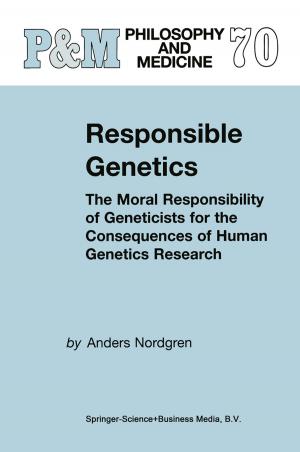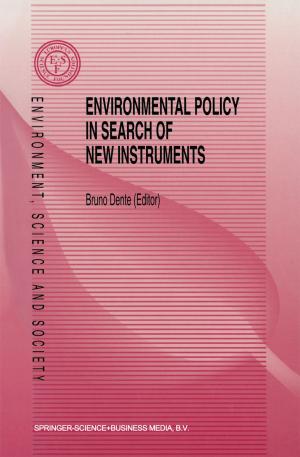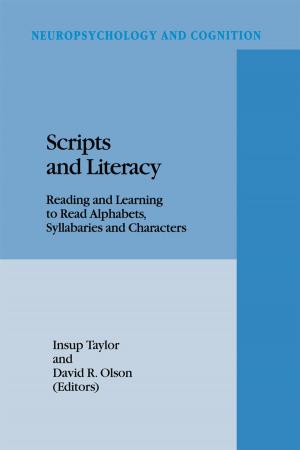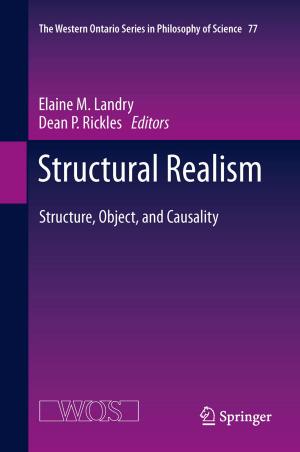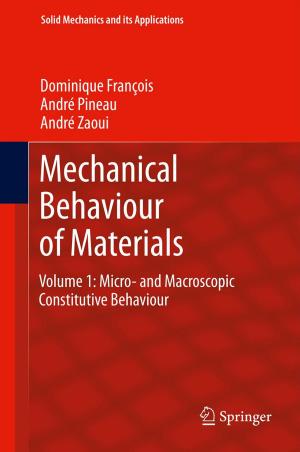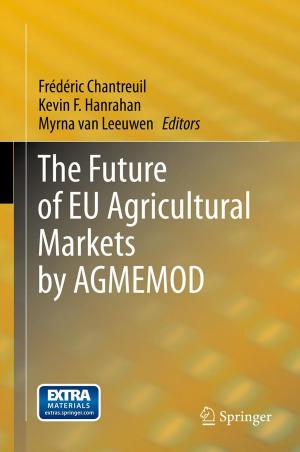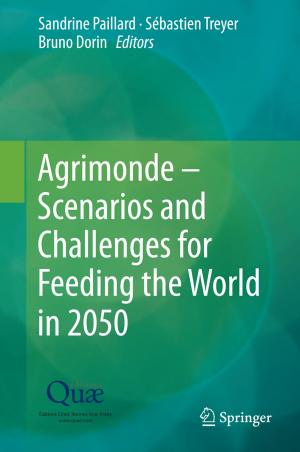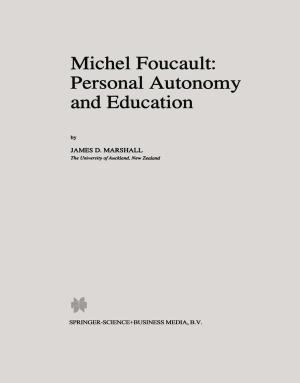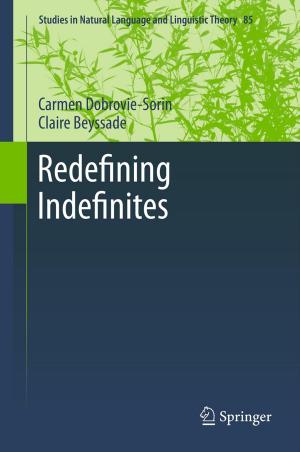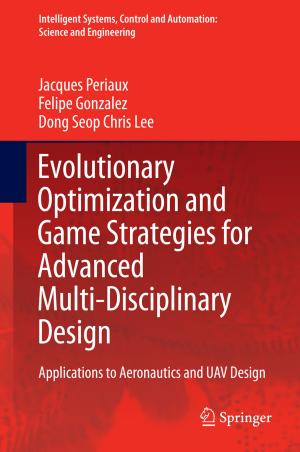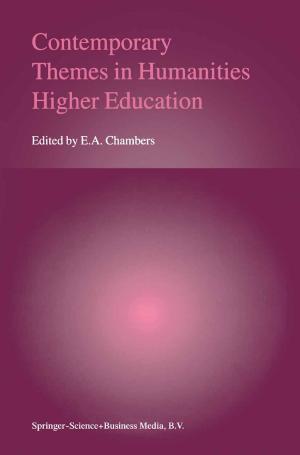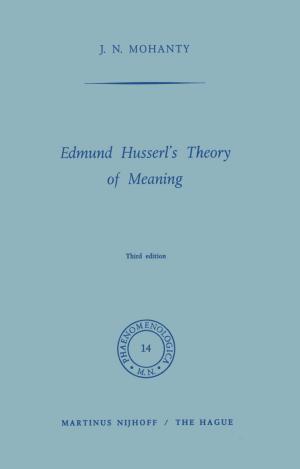Towards the Romantic Age
Essays on Sentimental and Preromantic Literature in Russia
Nonfiction, Social & Cultural Studies, Social Science, Anthropology, History| Author: | R. Neuhauser | ISBN: | 9789401019880 |
| Publisher: | Springer Netherlands | Publication: | December 6, 2012 |
| Imprint: | Springer | Language: | English |
| Author: | R. Neuhauser |
| ISBN: | 9789401019880 |
| Publisher: | Springer Netherlands |
| Publication: | December 6, 2012 |
| Imprint: | Springer |
| Language: | English |
Russian literature between 1750 and the romantic age presents a confus ing picture. Various literary movements arose and existed side by side, while new trends made themselves felt. At no other time in the history of Russian literature was there a similar influx of widely disparate literary and intellectual influences from the West. The complex evolution of literature is reflected in the area of literary classification. Period terms have been used in great variety, yet without general agreement as to the extent, or even the nature of the trends described. The essays of this study are devoted to two major literary trends of the 18th and early 19th century, -sentimentalism and preromanticism. They aim to elucidate their evolu tion as well as at defining and describing the conceptual framework on which they rest. Since the 18th century did not draw a sharp line between translated and original literature, both have been included here. Literary, philosophical, and general cultural influences from the West were of consi derable importance for Russian literature. The concepts, motifs and themes which reached Russian writers in translations moulded their own original works. The 18th century witnessed the formation of an adequate literary language which culminated in Kararnzin's style. The distinction of two stages in the development of sentimentalism as suggested here and the differentiation between both of them and a third literary trend, preroman ticism, is an attempt to reflect adequately the rapid change in stylistic and poetic norms.
Russian literature between 1750 and the romantic age presents a confus ing picture. Various literary movements arose and existed side by side, while new trends made themselves felt. At no other time in the history of Russian literature was there a similar influx of widely disparate literary and intellectual influences from the West. The complex evolution of literature is reflected in the area of literary classification. Period terms have been used in great variety, yet without general agreement as to the extent, or even the nature of the trends described. The essays of this study are devoted to two major literary trends of the 18th and early 19th century, -sentimentalism and preromanticism. They aim to elucidate their evolu tion as well as at defining and describing the conceptual framework on which they rest. Since the 18th century did not draw a sharp line between translated and original literature, both have been included here. Literary, philosophical, and general cultural influences from the West were of consi derable importance for Russian literature. The concepts, motifs and themes which reached Russian writers in translations moulded their own original works. The 18th century witnessed the formation of an adequate literary language which culminated in Kararnzin's style. The distinction of two stages in the development of sentimentalism as suggested here and the differentiation between both of them and a third literary trend, preroman ticism, is an attempt to reflect adequately the rapid change in stylistic and poetic norms.

